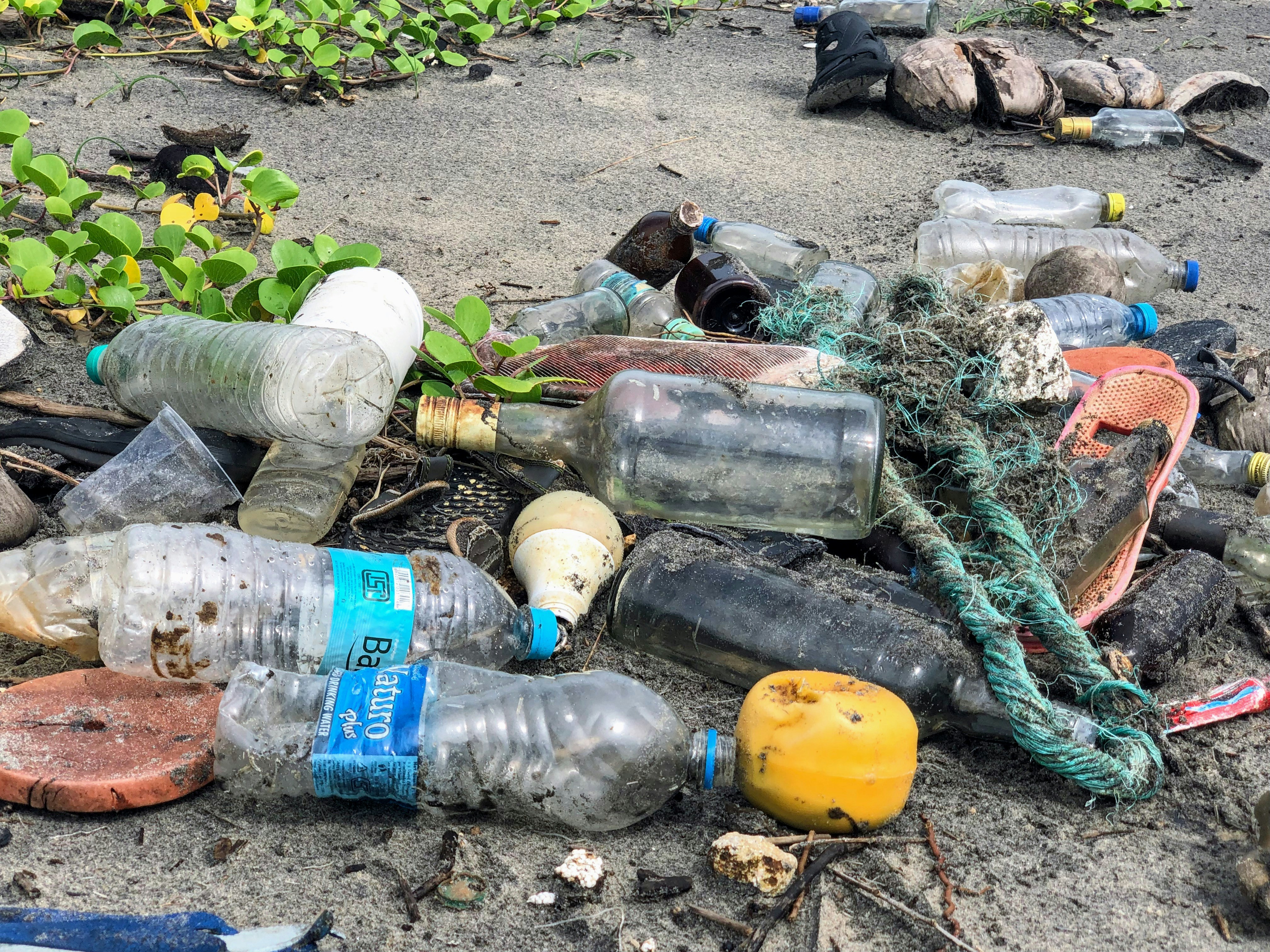What Is a Plastic Crusher Machine and How Does It Work?
Introduction to Plastic Crusher Machines
Plastic waste is a growing concern worldwide. With millions of tons of plastic produced every year, finding effective ways to manage and recycle this material has become essential. Enter the plastic crusher machine—a powerful tool that transforms bulky plastic items into manageable pieces for recycling. But what exactly is this machine, and how does it work? From its various types to the benefits it offers, understanding a plastic crusher machine can illuminate its crucial role in sustainability and waste management. Let’s dive deeper into the fascinating world of plastic crushers and discover how they contribute to a cleaner environment.
Types of Plastic Crusher Machines and Their Functions
Plastic crusher machines come in various types, each designed for specific functions. One common type is the single-shaft crusher, known for its high efficiency and ability to handle bulky materials. It shreds plastic into manageable pieces while allowing for easy material feeding.
Another popular option is the four-shaft shredder. This machine excels at processing tougher plastics due to its multiple blades that work simultaneously. It’s perfect for recycling industrial waste or large plastic components.
Then there’s the granulator. With sharp blades and a unique design, it turns plastic into small granules suitable for remolding or reuse in manufacturing processes.
Some machines are equipped with specialized features plastic crusher machine like dust extraction systems or soundproofing enclosures to enhance user experience and maintain a cleaner workspace. Each type serves distinct purposes but ultimately contributes to effective plastic recycling efforts across industries.
Benefits of Using a Plastic Crusher Machine
Plastic crusher machines offer several advantages that can significantly enhance operational efficiency. They play a crucial role in reducing plastic waste, transforming it into manageable pieces for easy recycling.
By breaking down large plastic items, these machines promote better storage and transportation. This minimizes space usage, allowing facilities to optimize their workflow.
Using a plastic crusher machine also contributes to cost savings. Companies can recycle materials in-house rather than outsourcing disposal or purchasing new products.
Moreover, the environmental impact is noteworthy. By recycling plastics effectively, businesses help reduce landfill contributions and support sustainable practices.
Implementing this technology can improve product quality. Smaller particles allow for more uniform processing during subsequent manufacturing stages, leading to higher-quality recycled goods.
How Does a Plastic Crusher Machine Work?

A plastic crusher machine operates through a straightforward yet effective mechanism. It starts with the input of plastic waste into its hopper. The size and type of material can vary, but most machines are designed to handle various plastics.
Once inside, sharp blades mounted on a rotating shaft begin the shredding process. These high-speed blades slice through the plastic, breaking it down into smaller pieces or flakes.
The crushed material then moves onto a conveyor belt for further processing or collection. Some machines even feature screening systems that ensure uniform particle sizes.
Electric motors power these operations, making them efficient and precise. Depending on the design, some models allow for adjustments in blade speed and pressure to accommodate different types of plastics effectively. This adaptability is essential for recycling diverse materials in today’s industry.
Maintenance and Safety Tips for Using a Plastic Crusher Machine
Regular maintenance is vital for the longevity of your plastic crusher machine. Start by keeping the blades sharp and clean. Dull blades can lead to inefficient crushing and increased energy consumption.
Always check for loose bolts or parts before operation. Tighten any components that may have become loose over time. This simple step prevents accidents and keeps the machine running smoothly.
Safety gear is essential when operating a plastic crusher machine. Wear gloves, goggles, and ear protection to safeguard against potential hazards.
Ensure proper training for all operators. Understanding how to handle the machine reduces risks significantly.
Keep the workspace clear of clutter, allowing easy access to emergency shut-off switches. A tidy environment minimizes distractions during operation which boosts safety measures effectively.
Common Uses for Recycled Plastics
Recycled plastics have found their way into numerous applications, showcasing their versatility. One common use is in the manufacturing of new containers. Many products we purchase daily come in bottles and jars made from recycled materials.
Additionally, recycled plastics are often transformed into textiles. Fabrics like fleece jackets plastic crusher machine manufacturer or carpets can incorporate these materials, reducing waste while creating fashionable items.
In construction, recycled plastic lumber is gaining popularity. It’s durable and resistant to rot, making it an ideal choice for outdoor projects such as decking and fencing.
The automotive industry also benefits from recycled plastics. Car manufacturers utilize them for various components, contributing to lighter vehicles with a smaller carbon footprint.
Landscaping companies frequently employ shredded plastic as mulch or decorative ground cover. This not only enhances aesthetics but also aids in moisture retention for plants.
Conclusion
Plastic crusher machines play a vital role in the recycling industry. They help reduce plastic waste, making it easier to repurpose materials for new products. With various types available, each designed for specific tasks, businesses can find a machine that fits their needs perfectly.
The benefits of using these machines are numerous. Not only do they promote environmental sustainability, but they also enhance efficiency in the recycling process. By understanding how these machines work and adhering to maintenance and safety tips, users can ensure optimal performance.
Common uses for recycled plastics include manufacturing items like containers, textiles, and even construction materials. The potential applications are vast and continue to grow as technology advances.
Investing in a plastic crusher machine is an investment in both efficiency and sustainability. The future of recycling looks bright with such innovative solutions at our disposal.

